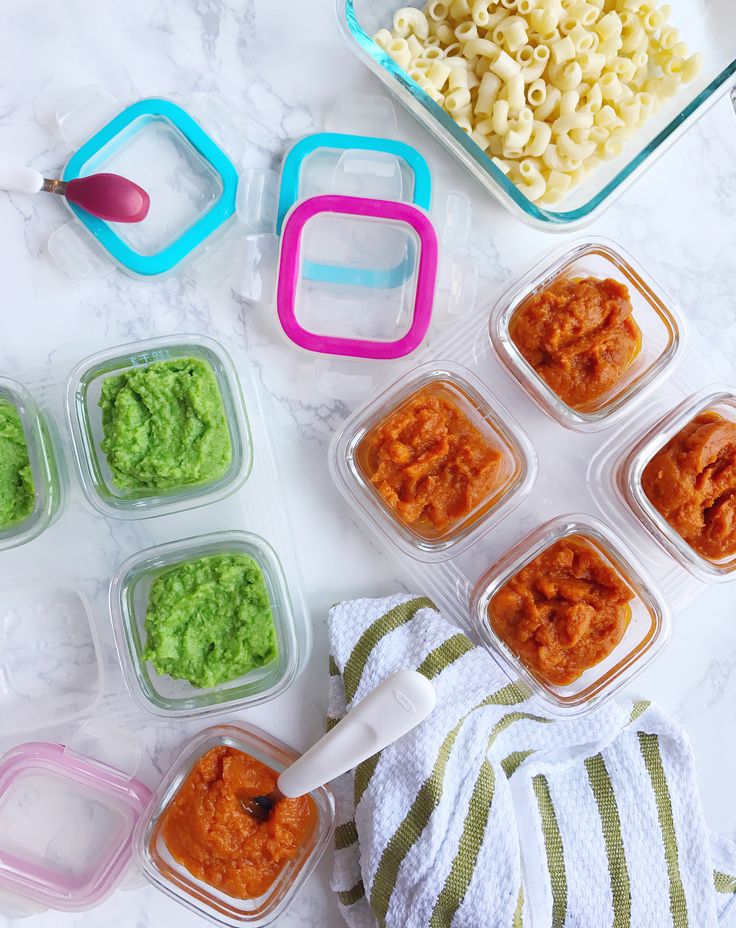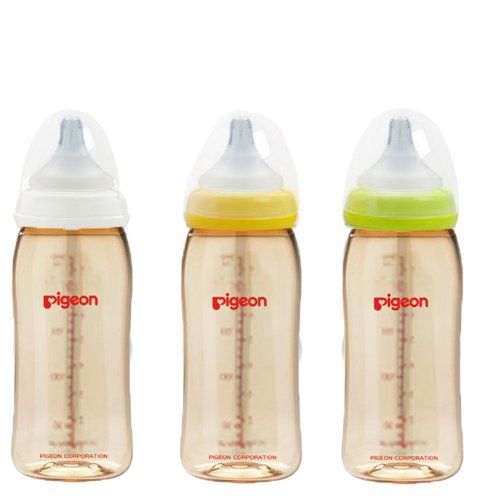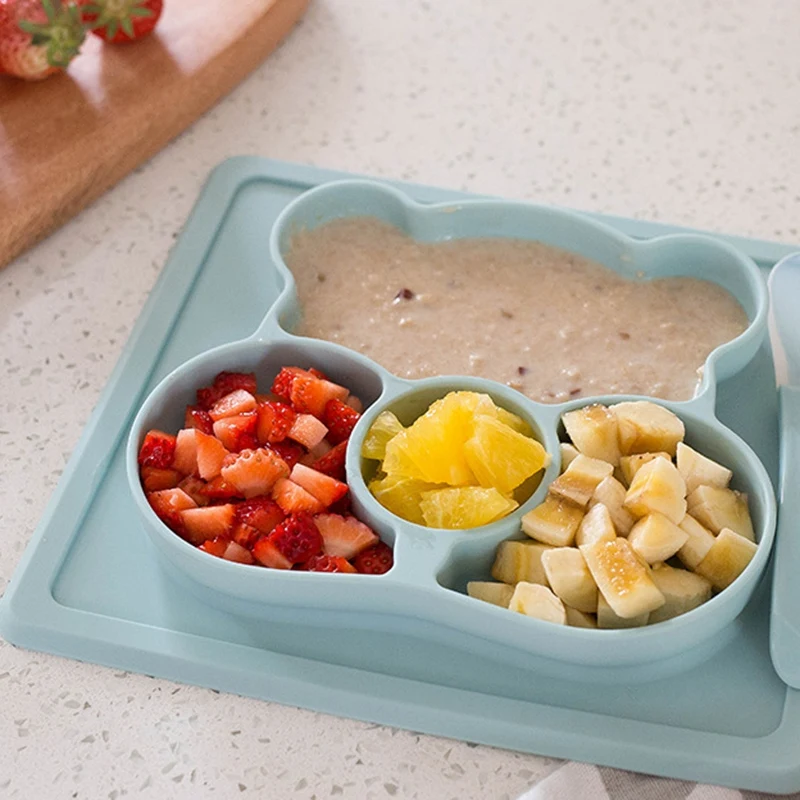Making vs buying baby food
Your Baby’s Food: Homemade or Store Bought?
Making your own baby food is a very personal decision many mothers think about. It is not always an easy choice because there are a lot of factors such as lifestyle, cost, benefits and risks that go into it. As my best friend put it,
“There is something really gratifying and pure about making Henri’s food. Since it is made by me, I know exactly what goes in his tummy. And of course, I have to taste it, making me more aware of the flavors my child does and does not like.”
What is Most Important: Experts Weigh In
According to the United States Department of Agriculture (USDA), the most important concern surrounding the decision of what to feed your child is to provide an “adequate amount of essential nutrients by consuming appropriate quantities and types of food.”
Essential Nutrients for Babies
Some important essential nutrients for your baby include protein, healthy fats, iron, vitamins D, A and B12. As long as your child receives important nutrients, whether it’s from homemade baby food or store bought, you are providing your baby with the building blocks for their future growth and development. I found this guide from USDA.gov helpful in learning about the nutritional needs of my baby. I think you will to!
Year One
Many of you may be breastfeeding. The American Academy of Pediatrics (AAP) recommends exclusive breastfeeding for the first six months of age. During this time, the sole form of nutrition should be breast milk. After six months of age, complimentary foods may be introduced into your baby’s diet. This may be in the form of rice, cereal, vegetables and fruit. These are some of many nutrient based complimentary foods AAP recommends in your baby’s diet.
When your baby is at least six months and ready to begin eating solid food, your question may be, “Should I make my own baby food or buy it from the store?” The rest of this blog post helps answer your question!
Should You Consider Making Your Baby’s Own Food?
The benefit of making your own baby food is knowing exactly what your baby is eating with no worry of extra “surprise” ingredients.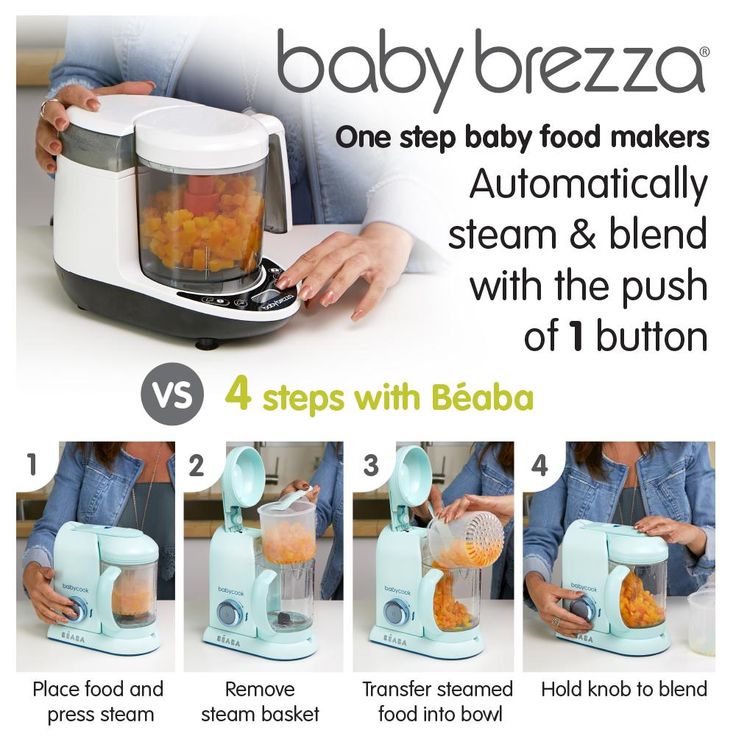 Here are tips to consider when making your own baby food:
Here are tips to consider when making your own baby food:
- ALWAYS follow strict food safety rules for preparing and storing homemade baby foods. Refer to this easy guide from FoodSafety.gov for details on baby food preparation and storing safety.
- Wash fresh produce thoroughly.
- Use fresh fruits and vegetables as much as possible. Prepare fresh produce shortly after purchasing in order to preserve the nutrients.
- Remove peels, cores and seeds in any produce.
- Remove skin and trim all visible fat from meats.
- Cook meats by baking, broiling or stewing.
- For younger infants, puree meat in a blender to desired consistency by adding a small amount of fluid. For older infants, chop meat and poultry into very small pieces.
- Avoid using canned fruits and vegetables with added salt or sugar.
- Serve food plain. Do NOT add seasoning and spices to your baby’s food.
- To adjust flavors add other pureed foods that your baby has already eaten.
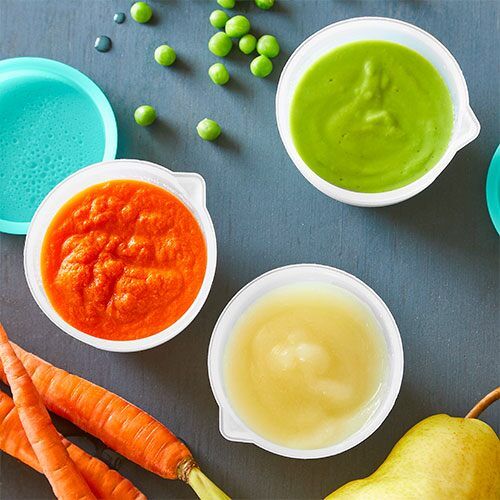
- Never incorporate foods that your child has never eaten. There may be a food allergy you are not aware of.
- Introduce new foods one at a time in order to make sure there is no food allergy connected with a particular food.
- Avoid adding eggs or dairy before age one. Dairy and eggs at such a young age can cause a food allergy.
- Homemade food kept in the refrigerator should be eaten within 48 hours after preparing.
- If you are making large batches, freeze in BPA-free containers with proper lids. Label and date all containers.
Are There Ingredients to Avoid in Store Bought Baby Food?
Actually, no there is not. In my research for this post, there aren’t ingredients to avoid in store bought baby food, but there are additives to avoid. Make sure there is no corn syrup and sugars added. Generally, baby food has fewer additives that other food. Purchase foods that have only fruits and/or vegetables and water added. Many families lean towards organic brands because they know the food is free of pesticides, growth hormones, antibiotics and other chemicals.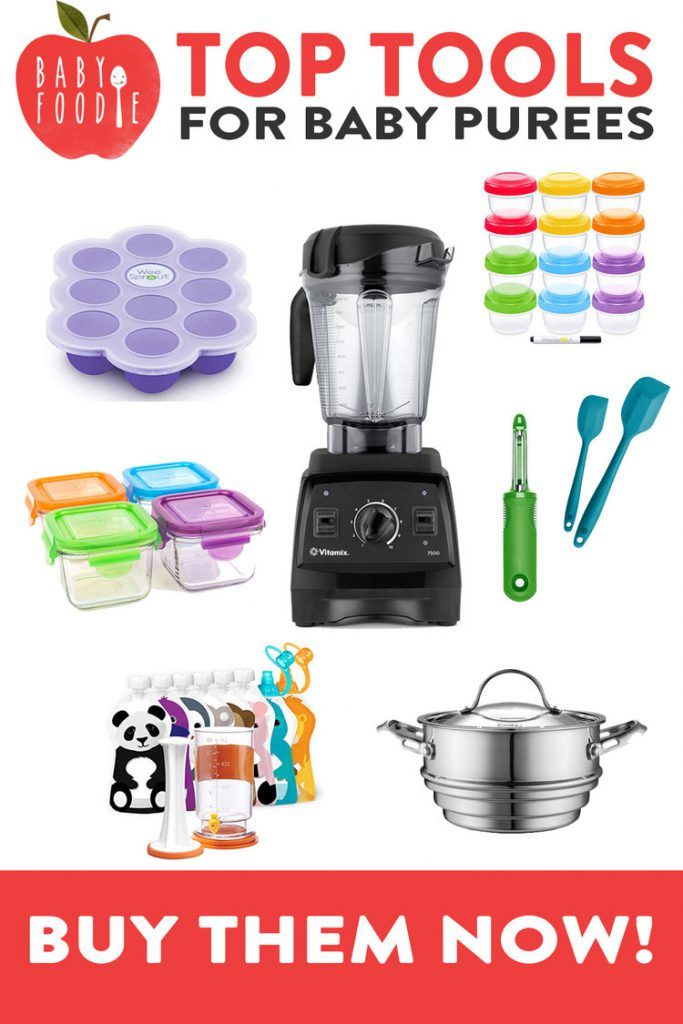 If the cost of organic brands is too high, read the labels and make sure there are no additives like corn syrup, sugars or other ingredients that are not real food or food-based.
If the cost of organic brands is too high, read the labels and make sure there are no additives like corn syrup, sugars or other ingredients that are not real food or food-based.
There are Benefits to Store Bought Baby Food
The biggest benefit is convenience! I cannot say it enough. It requires less careful preparation and cleaning, less pureeing, less freezing and less waste. Baby food manufacturers are constantly creating new products, which allows for easier and lighter carrying. Companies have started packaging their foods in pouches, which are easier to carry than glass jars. Also, many companies package their baby foods in ways that are designed to help parents advance their baby’s diet at the right age.
At the end of the day, the decision to make your own baby food or buy food for your baby is a decision that needs to fit into your lifestyle. As long as you are providing your child with a healthy well-rounded diet, you really cannot go wrong.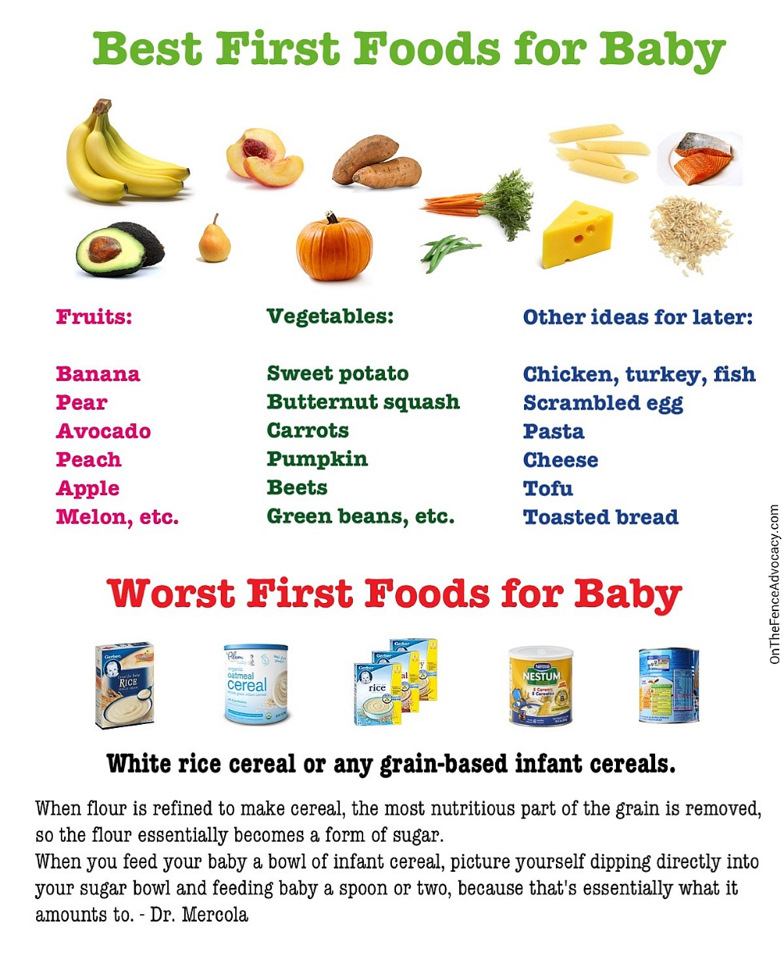
Bought vs Homemade Baby Food – Pros and Cons – Aster & Oak
Baby food is almost as varied and flavorful as adult food now — anything that can be pureed can be put in a jar and called baby food. Once our little one has reached the food stage at around six months, it’s time to make a decision. Should you buy your baby food or make it at home? We’ve assembled the pros and cons of each option to help make the choice between Bought vs Homemade Baby Food a bit easier for you.
Store Bought Baby Food — Pros and Cons
Store-bought baby food may be the food of choice for most parents because of its convenience and variety — there’s an enormous wall of it in nearly every grocery store, and it comes in every flavor imaginable.
Pros
- Convenience — You don’t have to worry about refrigeration (before you open the jar) or Tupperware with loose lids making a mess in your bag.
- Portability — It’s easy to store and carry jars of baby food in your diaper bag or purse.
 All you need is a spoon, and it’s dinner time for baby.
All you need is a spoon, and it’s dinner time for baby.
Cons
- Cost — In the long run, jarred baby food ends up costing more than the homemade alternatives.
- Waste — Disposable packaging can be wasteful, and if it’s not cleaned out well, it’s often not recyclable either.
- Preservatives — The only ‘preservative’ you should see in baby food is Vitamin C, but jarred food can contain a variety of listed or unlisted preservatives to make the food shelf stable.
- Contaminants — Contaminants can make their way into store-bought baby foods and can even show up in the water used to make it. In 2014, the Environmental Defense Fund found lead in some packaged baby foods.
Jarred baby food can be a great tool if you’re traveling or away from home, but is it really the best option for every meal?
Homemade Baby Food — Pros and Cons
You can make almost anything that you’re eating into baby food as long as you don’t mind skipping the salt and other seasonings.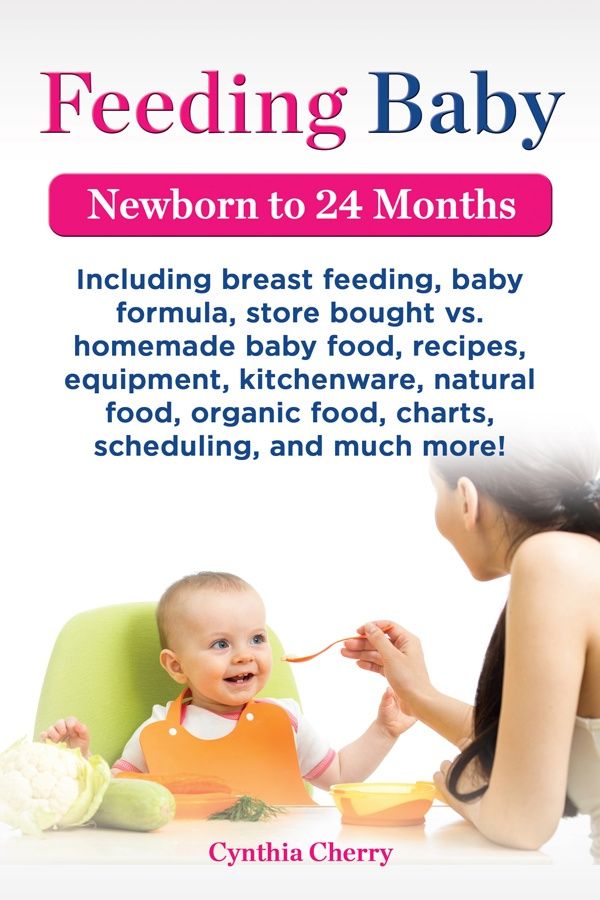
Pros
- You Know What’s in the Food — Nothing goes into your homemade baby food that you’re not aware of.
- Cost — Overall, making your baby food ends up being less expensive, even if you have to buy a blender or food processor to get started.
- Variety — You can make up food combinations to cater to your infant’s tastes and nutritional needs without having to open multiple jars.
Cons
- Safety — Jarred baby food is pasteurized, killing off any bacteria that might appear in the finished product. Homemade baby food is not.
- Storage — Homemade baby food has no preservatives, so it doesn’t keep as well. It can be frozen, but should only be made and stored in small batches.
If you’ve got the time and the inclination, making your baby food can be an excellent option for providing your infant with healthy and organic food.
Making Your Own — Tips and Tricks
If you’ve never tried making your own baby food, here are a few tips and tricks to get you started:
- Steam or microwave fruits and veggies to soften them while still retaining most of their nutrients.
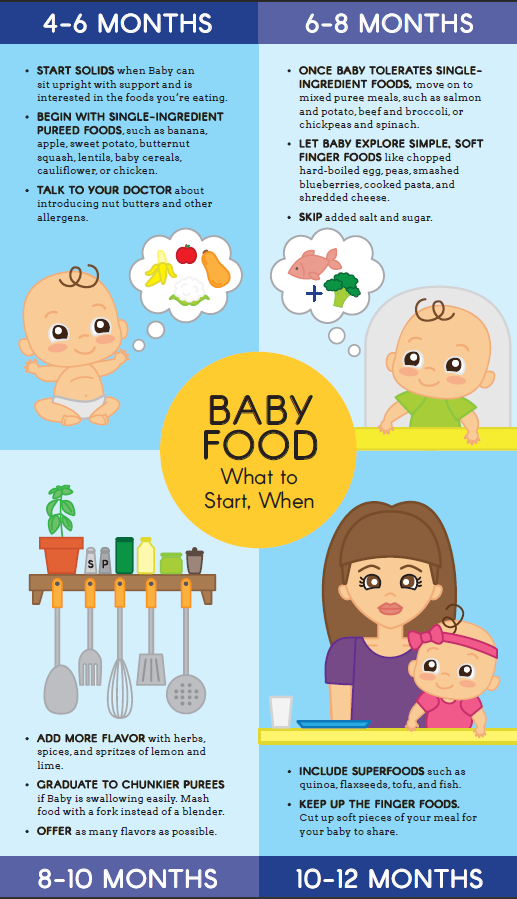 Boiling works too, but many of the nutrients can leach out into the cooking water.
Boiling works too, but many of the nutrients can leach out into the cooking water. - Don’t add anything — you don’t need any extra flavors or additives. Your baby’s tastes are very bland at the moment, plus most of these flavor additives also add salt or sugar which are unhealthy for your baby.
- Mash. Add small amounts of water or breast milk and mash the fruits or vegetables until they’re smooth. You can also spin these foods up in a blender or food processor to get a smooth, even texture.
That’s all there is too it. Baby food is pretty simple. If you’re making up large batches of food at once for convenience, pour the extra food into an ice cube tray to make individual sized freezer portions. Once frozen, they can be transferred into a zip lock bag for storage for up to a month.
Homemade Baby Food Recipes
If you’re just getting started with baby food, here are a few homemade recipes to get you going.
Stage 1 — These infant foods should include only one ingredient, not including the water or breast milk used to dilute the mash. Not only does it make it easier to introduce new foods to the baby, but it also makes it easier to determine if your child has any food allergies that you need to be concerned about.
Not only does it make it easier to introduce new foods to the baby, but it also makes it easier to determine if your child has any food allergies that you need to be concerned about.
Avocado Mush — All you need to do is halve your avocado, scoop out the meat of the fruit and mash it until smooth. Avocados are very soft anyway, so there’s no need to do anything extra to it.
Banana Mush — Same as the avocado. Peel, mash, serve.
Applesauce — Peel your apples and cut them into chunks. Boil or steam until tender, then mash or blend until smooth.
Stage 2 — This is when you can start getting a little more adventurous with the food combinations, but you still don’t want to add any salt or additional flavors. Start combining fruits and vegetables like:
- Apples and bananas
- Apples and plums
- Bananas and blueberries
- Apples and carrots
- Peaches and sweet potatoes
- Avocado and peaches
The list is endless.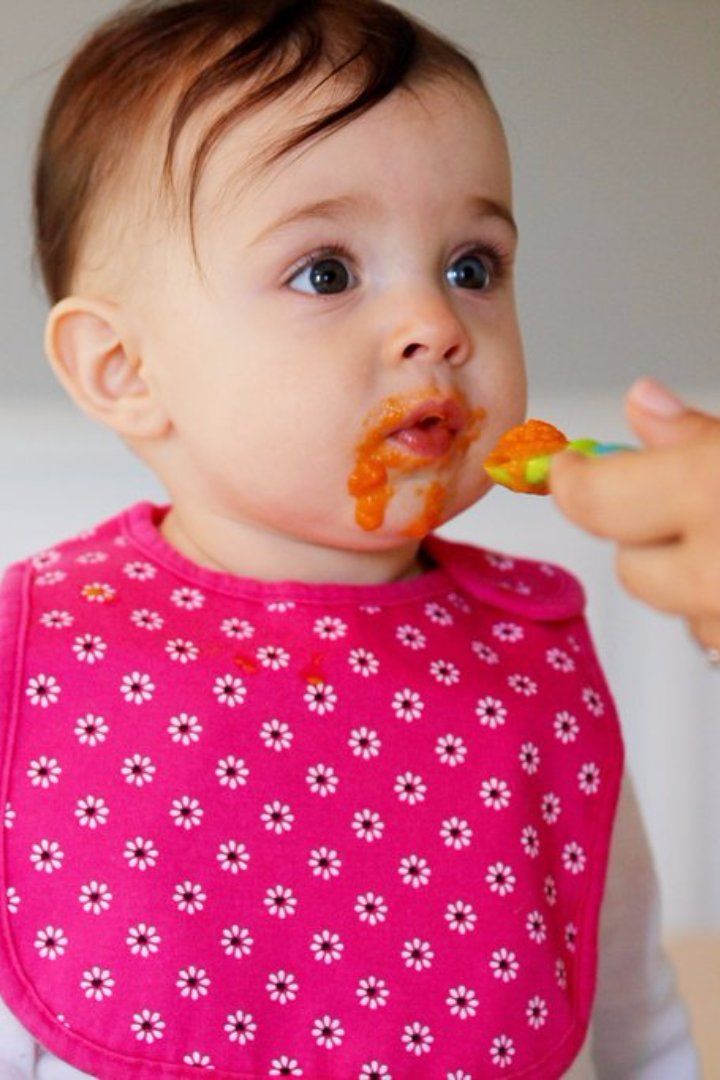 Just make sure you’re using foods that you’ve already introduced the baby to in case of food allergies.
Just make sure you’re using foods that you’ve already introduced the baby to in case of food allergies.
Stage 3 — Now that your baby is used to a variety of different foods, it’s time to start looking into chunkier foods. You can start introducing finger foods here as well.
The food you feed your baby, much like the rest of your parenting decisions, is a personal choice. If you have the time, making homemade food can be a healthier alternative to store-bought baby food, but the jarred stuff isn’t all bad.
Baby food - cook it yourself or buy ready-made? Vovet.ru
porridge cooking feeding feeding baby food puree
Only in September: get a credit card with a bonus of 2000 rubles. and year without % Get a card
On sale you can find a huge selection of baby cereals and purees. Previously, there were none, and food for babies was prepared at home. So what kind of food is healthier for a baby - cooked at home by mom, or purchased? nine0003
praise 2 Complain
3 answers
It is much easier for modern mothers to raise babies than for those who lived 50 years ago.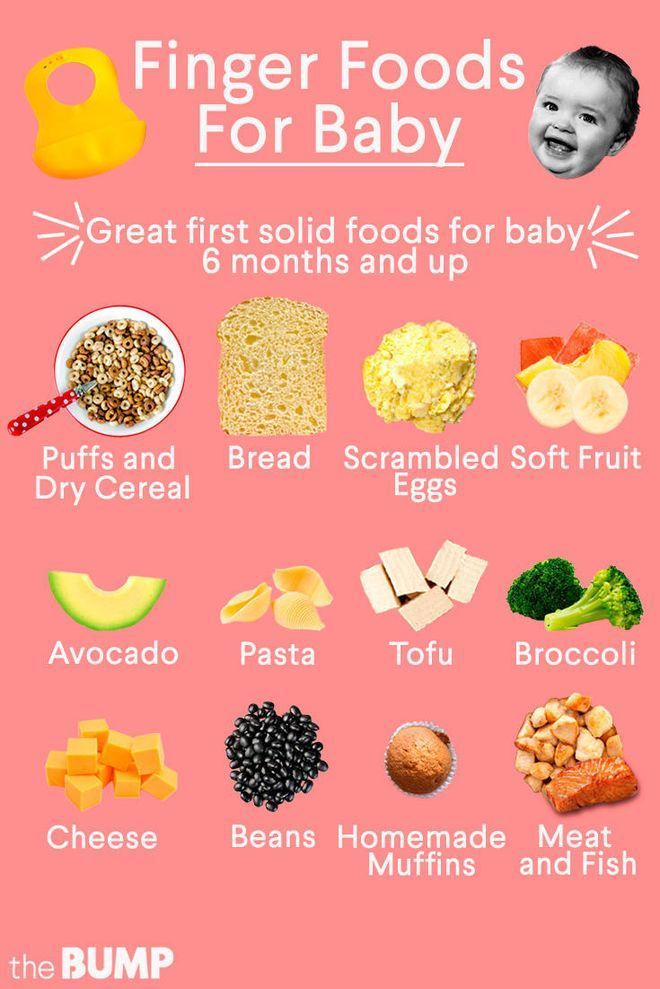
They get:
- diapers and cereals,
- milk formulas and canned baby food, which saves time usually spent on cooking for a child (adult foods are mostly not suitable for babies). nine0024
The assortment of foodstuffs for babies is huge , prices, however, not everyone can afford. The same mixture, if it is not issued in a children's clinic, infants have to buy in a day or two, plus diapers in a fairly large amount during the first months of a child's life. Such expenses, most often, are not covered by the child care allowance.
However, today there are those who are categorically against purchased food for babies. The presence of multicookers and blenders allows you to cook cereals, mashed potatoes and soups quickly and easily, spending a minimum of time. nine0029 Moms can afford to buy everything ready for babies, but still prefer to cook on their own.
They are afraid that:
- children will be poisoned by low-quality or expired food/nutrition,
- that baby food contains dyes and flavorings, GMOs, etc.
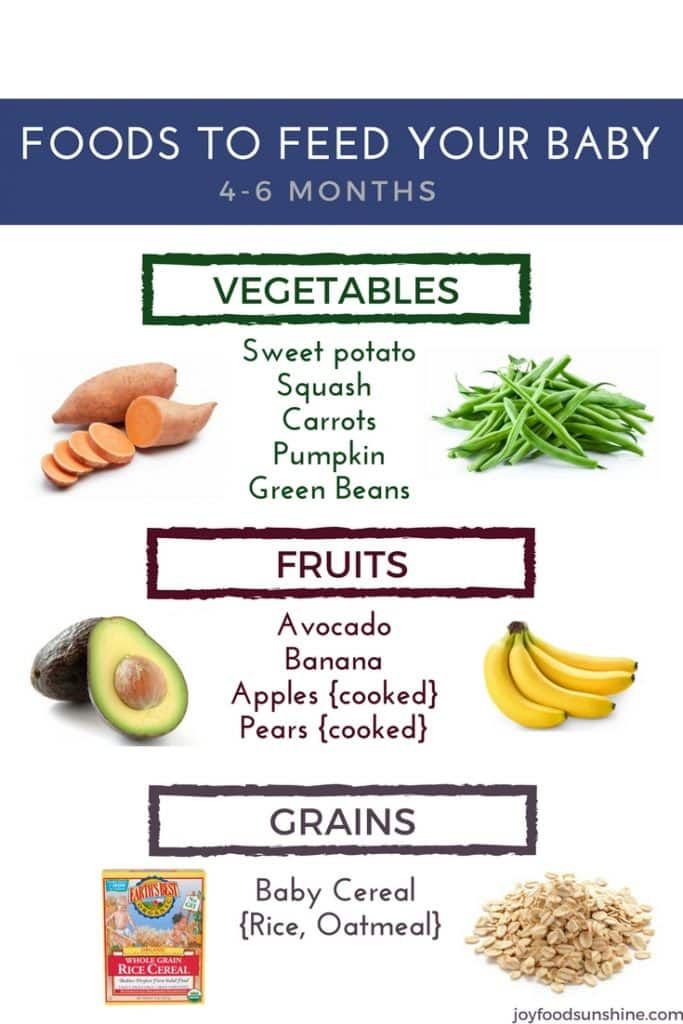
It is better to buy food in large stores or pharmacies, be sure to check the expiration date before buying.
Curds, kefir and baby milk should be stored in the store in the refrigerator, in the hot season, doctors recommend using these products to a minimum, since during this period the number of poisoning of children with spoiled dairy products due to improper storage always increases.
praise 2 Complain nine0003
In the summer it is better to cook it yourself, vegetables and fruits are fresh and healthy, and in winter you can buy mashed potatoes in the store, the same as cooking apples and carrots from store-bought ones.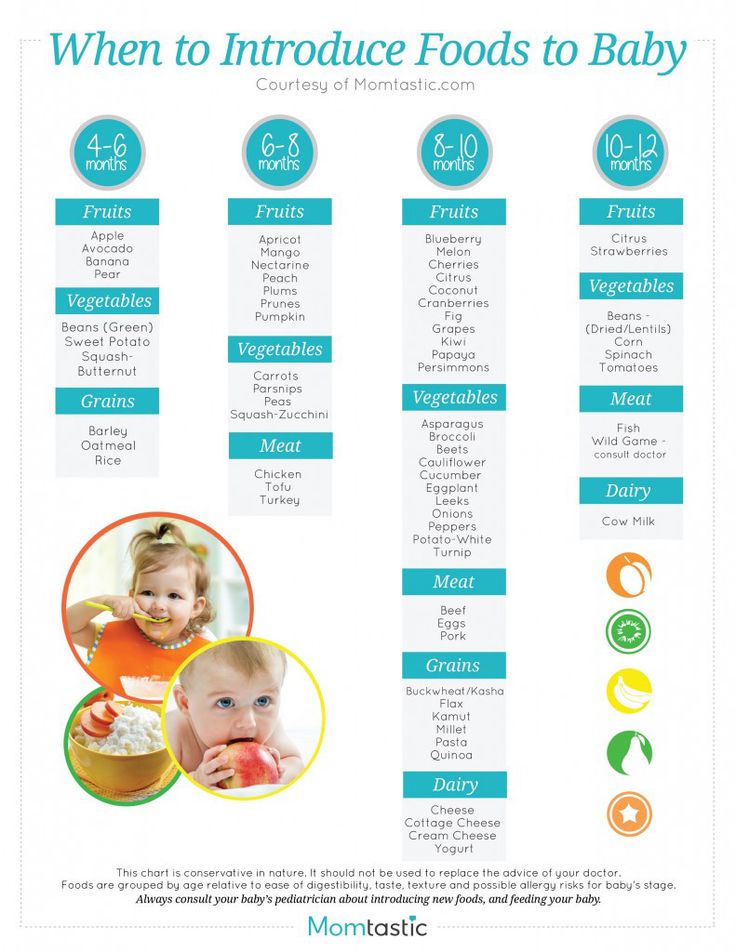
praise 2 Complain
I believe that a baby up to a year old should be fed purchased food, which has passed strict control. While the baby is still small, and his gastrointestinal tract is not prepared for homemade food, it is better to feed food from jars. nine0003
When the baby grows up, he will have teeth, the stomach and intestines will get used to eating vegetable, fruit puree, meat from jars and cottage cheese, then you can gradually transfer the baby to homemade food. But before 1 year, this should not be done.
Pros and cons of food from jars
Pros:
Tested, passed the strictest control.
The best possible way to start weaning. Homogenized, which is very good for the still undeveloped digestive system of a baby who does not have or has just begun to erupt teeth. nine0003
Large selection of baby food, you can gradually introduce new types of food to feed your baby in a variety of ways.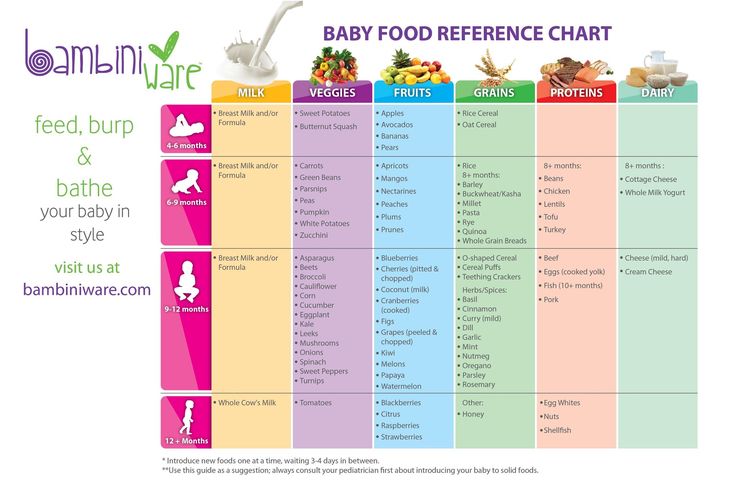
Convenient for the mother who doesn't spend her time preparing baby food and spends more time with her baby.
Cons:
- Baby food is quite expensive, but there is not enough money anyway.
- Sometimes food contains starch and pectins, which is not very good.
Homemade food
After one year, your baby can be fed homemade food. The baby's stomach is already quite strong, and there are already a lot of teeth. Now the baby needs to learn to chew, here homemade food will come in handy. After all, you can not grind to such an extent as purchased mashed potatoes, mash with a fork or wipe through a colander. Let your baby develop chewing skills. nine0003
Cooking your baby at home is much cheaper. Only purchased foods should be soaked to remove nitrates. And it is best to use only vegetables from your personal plot. Buy meat only in stores or markets where there is sanitary control and the meat is checked.
In general, your baby, although small, is already a person.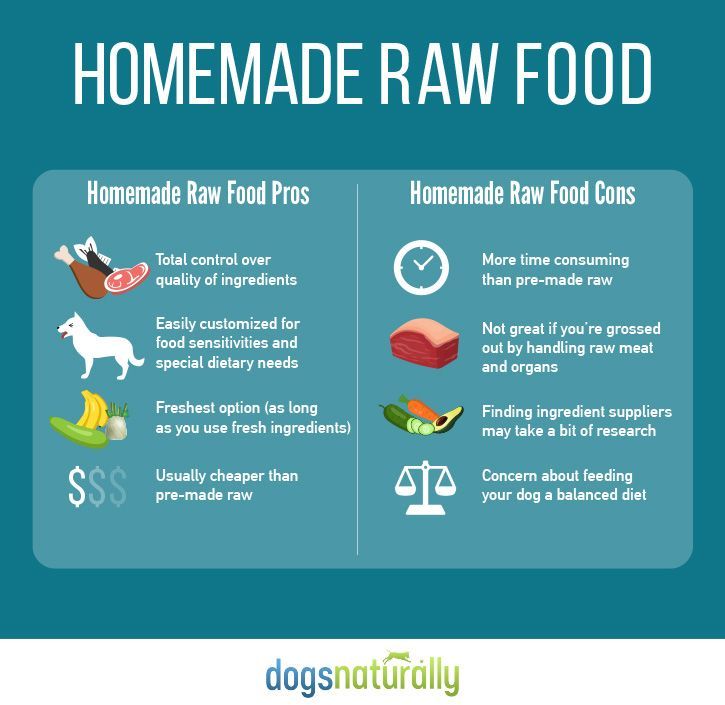 And he, too, can have his own eating habits. What will he like more, mashed potatoes from the store or cooked by his mother?
And he, too, can have his own eating habits. What will he like more, mashed potatoes from the store or cooked by his mother?
You may need information about the interests of a 6-month-old baby;
And also, does a playpen really need a child or can you do without it.
praise one Complain
Answer and earn:
characters:
How to cook baby food - Encyclopedia Baby food
Viktoria Levchuk© Broccoli, zucchini and cauliflower pureeTaking care of your baby's health in today's world means starting complementary foods right with whole, healthy foods prepared with love. Most mothers will immediately ask how to prepare baby food that is of high quality, easily digestible and tasty.
Canned food can sometimes seem easy to feed a baby, but when you start reading the ingredients of each tiny can (not to mention the cost of each can), it makes more sense to try your hand at making homemade baby food yourself.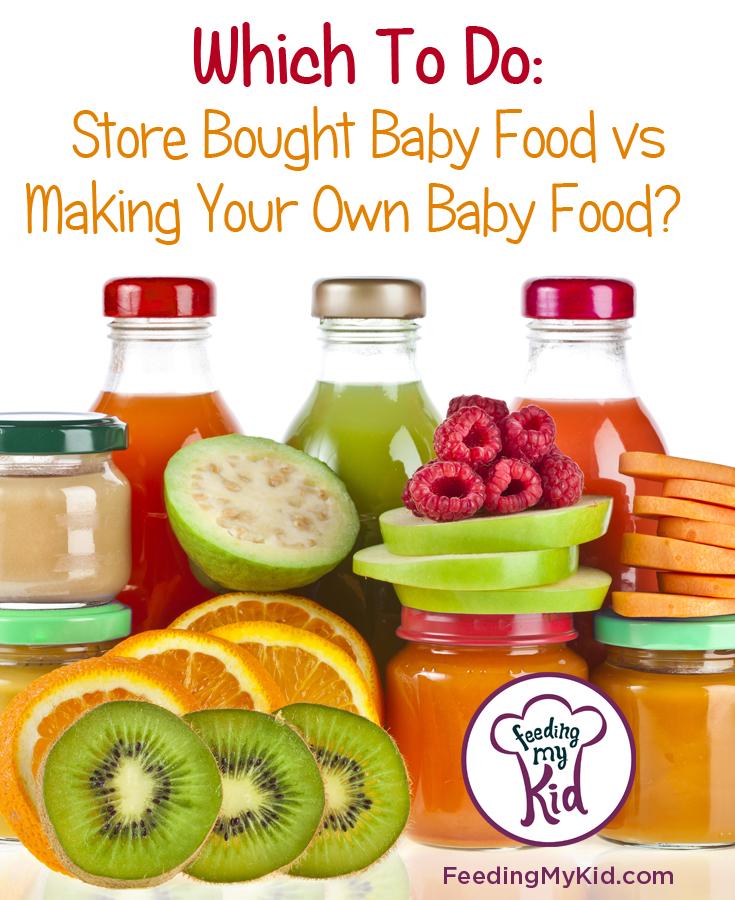 nine0003
nine0003
When you think about how to prepare baby food, it seems so difficult. However, everything is much easier. In fact, baby food is the easiest recipe to prepare. Many mothers who hate to cook learn how to cook with healthy complementary foods for their beloved child.
Let's start with a few practical tips on what you'll need, what products to choose and what else to keep in mind to make the process as easy as possible.
Contents:
So, how to prepare baby food? Simple - choose a fruit or vegetable that needs to be introduced into complementary foods, cook until tender, make a smooth puree and voila ... a batch of baby food is ready. And now to the details, the following tips will teach you how to cook baby food in no time. nine0003
1. Buy the right tools
-
Blender
This “devil machine” is the best assistant in the kitchen. Only a blender can bring fruits, vegetables, grains, meat and other products to the ideal consistency.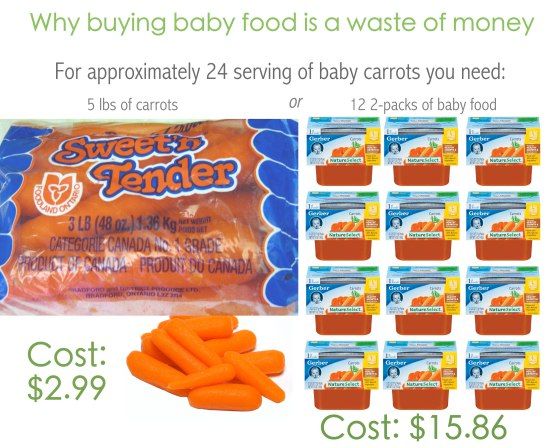 During the first few months, solid foods are made smooth and tender without lumps so that the baby's digestion slowly gets used to the complex textures.
During the first few months, solid foods are made smooth and tender without lumps so that the baby's digestion slowly gets used to the complex textures.
-
Stainless saucepan
Good, regular dishes will always be washed. The first experiments burn, stick and are almost not washed off. Buy one good quality baby food pot. I have never regretted in 6 years. She washes with a brush, dishwasher, iron brush and she is still like new. We choose high-quality, stainless dishes, small up to 1 liter, with a good handle and lid. I have a lid with heat protection, I can take it with my bare hands, it is not hot, and neither is the pen.
Broth with peas and rice-
Baby food freezer tray with lid
One good plastic or flexible silicone tray will last a long time. Moreover, it is needed for the first 4-6 months; you will not need to freeze baby purees anymore. You can buy without a lid, but then you have to suffer from bags, as baby purees love to absorb odors from the freezer. During meals, portions can be diced and heated in the microwave before serving. nine0003 freeze mold
During meals, portions can be diced and heated in the microwave before serving. nine0003 freeze mold
-
Food thermometer
Many new mothers are advised to buy a food thermometer. I didn't buy. My wrist was an indicator, always, if I'm hot, then the child will be very hot. But for speed and convenience, a food thermometer comes in handy to make sure the food is at the right temperature for small mouths.
-
Steamer or multicooker
A modern kitchen cannot do without these devices, because it is easier and more useful for us. In principle, a slow cooker will always help out when you need to cook porridge, and a double boiler - a lot of vegetables and fruits. These tools always help out, save the time of an eternally busy mother. I advise!!!
2. Choose Your First Foods Carefully
Choose fruits and vegetables for your first weaning foods that are rich in nutrients.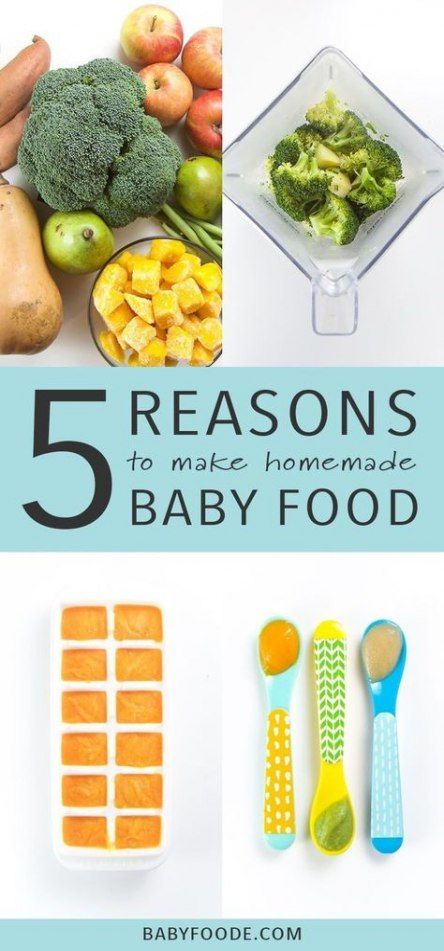 Brightly colored vegetables are fresh vegetables. For the first feeding, foods such as broccoli, zucchini, zucchini, pumpkin are suitable, they are rich in vitamins, and at the same time look attractive. Fruits such as apple and pear can be introduced from about six months of age and are also very rich in vitamins, such as blueberries and peaches. nine0003
Brightly colored vegetables are fresh vegetables. For the first feeding, foods such as broccoli, zucchini, zucchini, pumpkin are suitable, they are rich in vitamins, and at the same time look attractive. Fruits such as apple and pear can be introduced from about six months of age and are also very rich in vitamins, such as blueberries and peaches. nine0003
It's a good idea to talk to your doctor about which foods to introduce first and what is the best age to start complementary foods (this could be four to six months) and remember to start with one.
We offer the child the same food for four days - if any signs of allergy appear, the mother will immediately notice it.
3. Safety first
Making homemade baby food is a convenient way to provide your baby with a healthy diet free of additives and preservatives. nine0003
Preparing and freezing small batches of food in advance makes the task much easier. However, do not forget to throw away any food that has been touched with a used feeding spoon, food that has already been reheated, and food that has been in the freezer for too long.